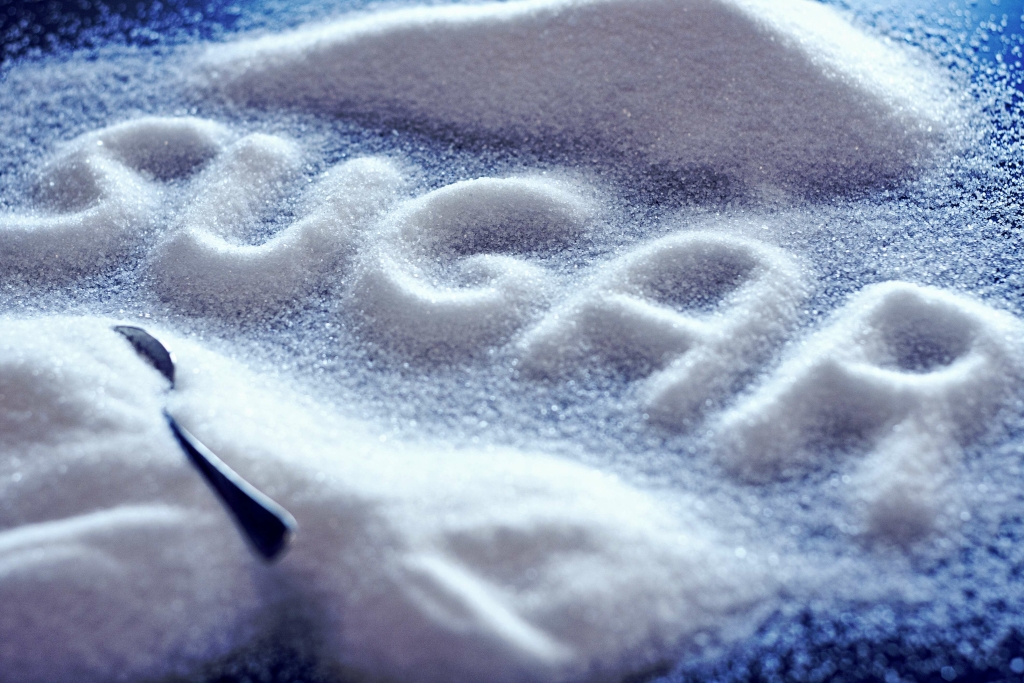Alcohol allergy and alcohol intolerance: Symptoms to look out for
Consulting with an allergist can help differentiate between alcohol-induced sneezing and allergic rhinitis. In rare cases, sneezing triggered by alcohol could be a symptom of an underlying medical condition, such as gustatory rhinitis or trigeminal nerve dysfunction. If sneezing persists or is accompanied by other concerning symptoms, consult a healthcare provider. Individuals may find that certain types of alcohol, such as wine or beer, trigger sneezing more frequently than others.
Stomach Pain and Alcohol Withdrawal Symptoms Blog
You may get stuffy nose owing to the presence of some preservatives in alcohol. Many times, some allergic reactions can make you more sensitive towards alcohol intake. If you are wondering why the nose gets stuffy on drinking alcohol, you have reached the right place.

The Science Behind Sneezing

Two common symptoms are facial flushing, in which the skin on the face quickly turns red, and nasal congestion. Other molds, yeasts, proteins, and ingredients used for wine fining can also be allergens. It is important to be aware of these allergens as they may cause reactions in those who are sensitive. For those with why do i sneeze when i drink alcohol Red Wine Allergies, the symptoms can be quite unpleasant and may last for several hours. Dr. Adkinson Sobriety recommends that people who are prone to alcohol-related allergic reactions should avoid consuming these fruits as well as alcoholic beverages containing sulfites. He adds that the chances of having an adverse reaction to those foods or drinks is one out of every hundred.
- Many people enjoy coffee without any symptoms, while others may experience sneezing as a slight annoyance.
- However, if you experience severe or persistent symptoms, it is advisable to seek medical advice.
- And since it affects your genes, once you inherit it, you’re stuck with it.
- Quercetin is a plant pigment that has been shown to cause sneezing in some people.
- Although the terms are sometimes used interchangeably, alcohol intolerance and alcohol allergy are not the same condition.
Q 4: What tests can be performed for alcohol allergy?
In most cases, alcohol-induced sneezing is harmless and not indicative of an underlying medical condition. However, if you consistently experience severe sneezing or other concerning symptoms, it is recommended to consult a healthcare professional. The study found that the effects of sulfites in wine can vary from mild to severe. The https://ecosoberhouse.com/ most common symptoms reported by those with sulfite sensitivity are nausea, headaches and skin rashes.
If coffee consistently causes sneezing and discomfort, you might want to explore alternative beverages. Herbal teas, for instance, are caffeine-free and come in various flavors that might be more soothing to your system. If you’re prone to seasonal allergies, there may be proteins found in coffee that can elicit a similar immunological response. This could create a situation where coffee inadvertently triggers a sneeze coinciding with pollen seasons. Additionally, many people customize their coffee with milk, sugar, or flavored syrups. It’s essential to consider that additives, such as milk proteins or alcohol sneezing artificial flavorings, can also contribute to sneezing reactions.
When it doesn’t work, aldehydes build up and causes symptoms like facial redness (hence the flush), hives, a stuffy nose, nausea, and low blood pressure. It’s more common in the Asian population simply because of genetics—families pass down the flawed enzyme, and it happens to have been propagated a lot in Asian communities. Sudden alcohol intolerance can catch you off guard and potentially ruin a great night out. But the good news is that understanding what might be behind these unexpected reactions can help you put them in perspective and take any appropriate actions. If you’ve recently found that alcohol isn’t agreeing with you the way it used to, it’s essential to listen to your body and consult with a healthcare professional. They can help rule out any serious underlying issues and guide you on the best way to manage your symptoms.

If you have ever felt nauseous or had a headache after drinking wine, there is a chance that you are sensitive to sulfites. Alcohol consumption can lead to sneezing and nasal congestion due to several physiological factors. Firstly, the byproducts of alcohol that aren’t broken down quickly can accumulate, resulting in mild allergic reactions. Secondly, alcoholic beverages, particularly wine, beer, and spirits, contain histamine, a compound known to elicit allergic responses. When alcohol is consumed, it enters the bloodstream and affects blood vessels, causing them to dilate. This dilation can irritate the nasal lining and lead to increased mucus production, contributing to nasal congestion and sneezing as the body attempts to eliminate irritants.
